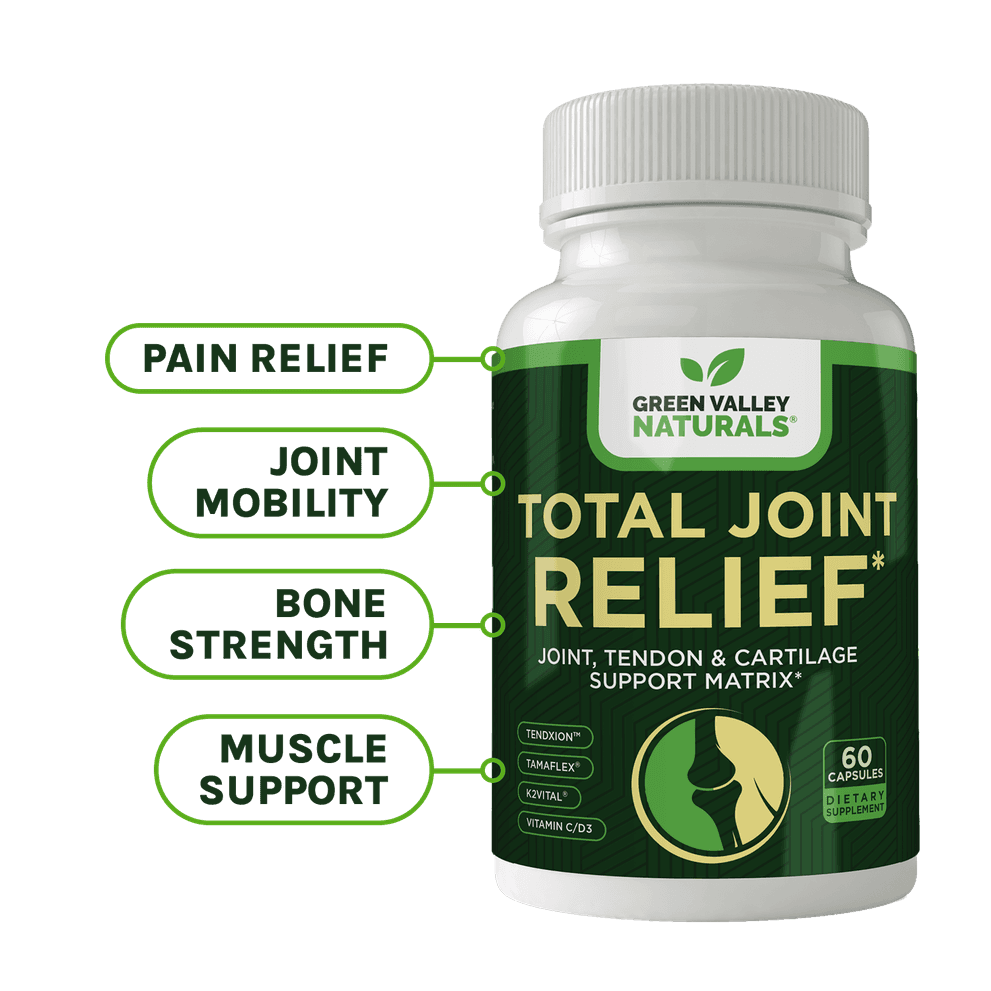
Yet some of the factors that increase your risk of sudden death from a heart attack are not very well-known.
These dangers are a surprise to many. I call them “weird things that can bring on a heart attack.” You should be aware of them so you’re on the lookout when your chance of a heart problem may be climbing. . .
Shifty Weather
When the weather changes drastically from one day to the next, the ups and downs in temperature create a higher danger of a heart attack.While previous research has shown that very low temperatures on their own can make you more prone to a heart attack, a study at the University of Michigan now demonstrates that day-to-day abrupt temperature fluctuations also represent a heart danger.1 "While the body has effective systems for responding to changes in temperature, it might be that more rapid and extreme fluctuations create more stress on those systems, which could contribute to health problems," says researcher Hedvig Andersson. But she also admits that precisely why temperature changes hurt the heart is not yet understood.
The Michigan study involved 30,000 people who were treated at 45 Michigan hospitals from 2010 to 2016. The analysis showed that the general chance for a heart attack went up by five percent for every nine-degree Fahrenheit swing in temperature (five degrees Centigrade). Swift changes from cold to warmer days were found to be more dangerous to the heart than shifts from warm to cold days.
Irritable Bowel Syndrome
A study at Case Western Reserve University shows that having inflammatory bowel disease (IBD) also increases your risk for a heart attack.2 This research involved more than 17 million people. It found that, while the heart attack risk climbed for every age group, the highest increased risk hit people between the ages of 18 and 24. And it represented a significant danger even among folks who didn’t smoke or have high blood pressure."Younger (IBD) patients had about nine times the risk of a heart attack compared to their peers in the same age group (who didn't have IBD)," says researcher Muhammad S. Panhwar. "Our findings suggest that IBD should be considered an independent risk factor for heart disease."
Heart-Healthy Attitude
Another factor affecting your heart attack chances is something you’d think would be fairly simple to improve – your attitude.That’s right. Your outlook on your health exerts a big influence on your heart.
Research at Duke analyzing the health of people with what is called chronic angina – chest discomfort that often appears during physical activity as the blood supply to the heart is compromised – shows that the folks who possess a positive outlook encounter fewer heart problems as they age.3 The Duke study shows that being optimistic leads to fewer trips to the hospital and fewer surgeries to fix heart problems – cutting the chances of staying a night in the hospital by 40 percent.
Ironically, though, people who suffer from anxiety disorder, according to a study in Germany, may do better after a heart attack than people who are less anxious. In that case, folks who are inordinately focused on their anxiety and fear pay closer attention to heart attack symptoms and get medical help quicker.4 And the sooner you get to the hospital after a heart attack, the greater your odds of surviving the incident.
"Individuals with anxiety disorder are at greater risk of having a heart attack but are more likely to survive it. Our data revealed an important factor," says researcher Karl-Heinz Ladwig. "Individuals with anxiety disorder often react more sensitively to their health needs,”
The study found that women with anxiety disorder, on average, got to a hospital almost two hours quicker after a heart attack than other women. Men with an anxiety disorder got to the hospital 48 minutes sooner.The flu is another heart danger to be wary of. This year’s flu season is pretty much behind us, but the disease will be back next year. And with it will be an increased risk of heart attacks. According to research in Canada, suffering the flu multiplies the chances of a heart attack six times over.5 So during the next flu season, be very alert for possible heart-related health issues.
And if all that isn’t enough, get this: A study published in Clinical Research in Cardiology in November, 2013, found that ardent fans are more likely to have a heart attack after their team loses the Super Bowl. Take it easy, folks!
- http://www.acc.org/about-acc/press-releases/2018/02/27/11/19/heart-attacks-often-follow-dramatic-changes-in-outdoor-temperature
- http://www.acc.org/about-acc/press-releases/2018/02/27/11/38/inflammatory-bowel-disease-increases-likelihood-of-a-heart-attack
- http://www.acc.org/about-acc/press-releases/2018/02/27/10/58/a-positive-outlook-may-improve-outcomes-for-people-with-chest-pain
- https://www.ncbi.nlm.nih.gov/pubmed/29383439
- https://www.ncbi.nlm.nih.gov/pubmed/29365305

